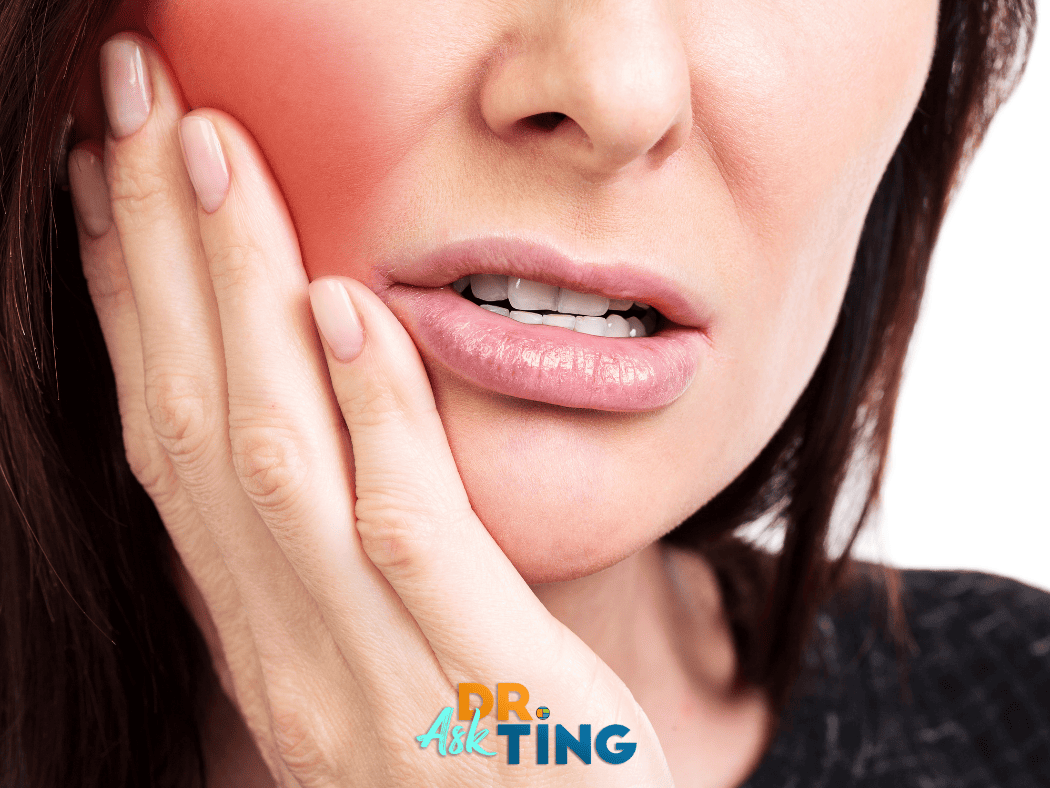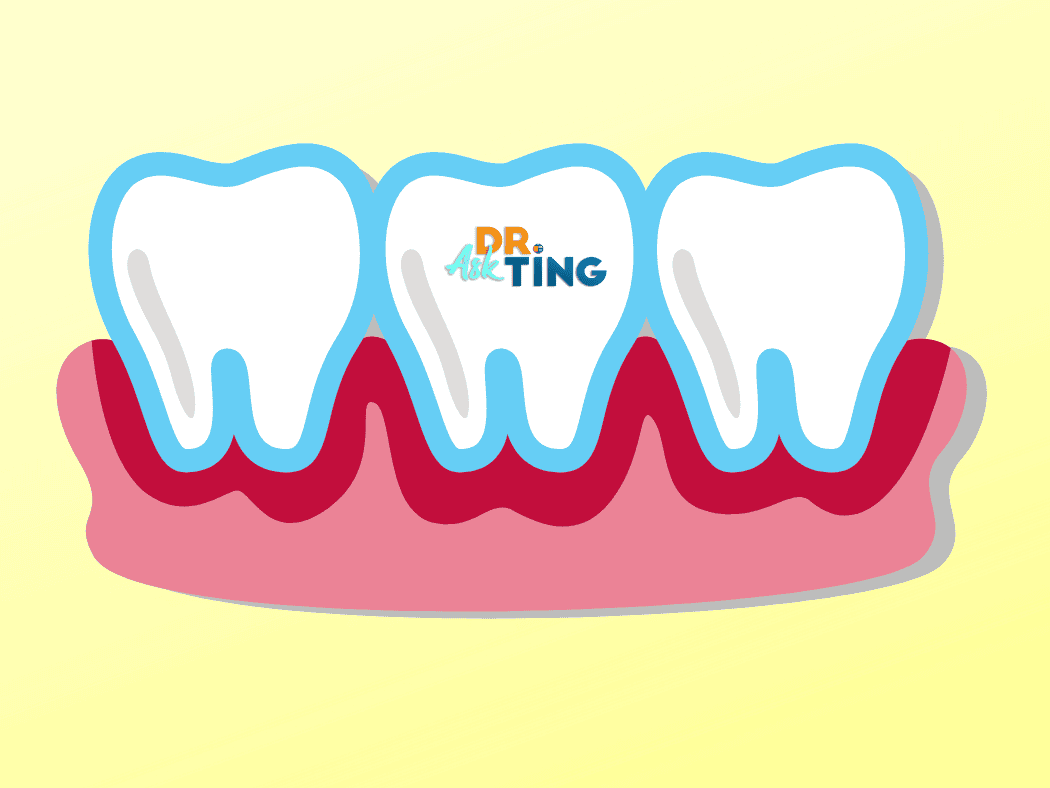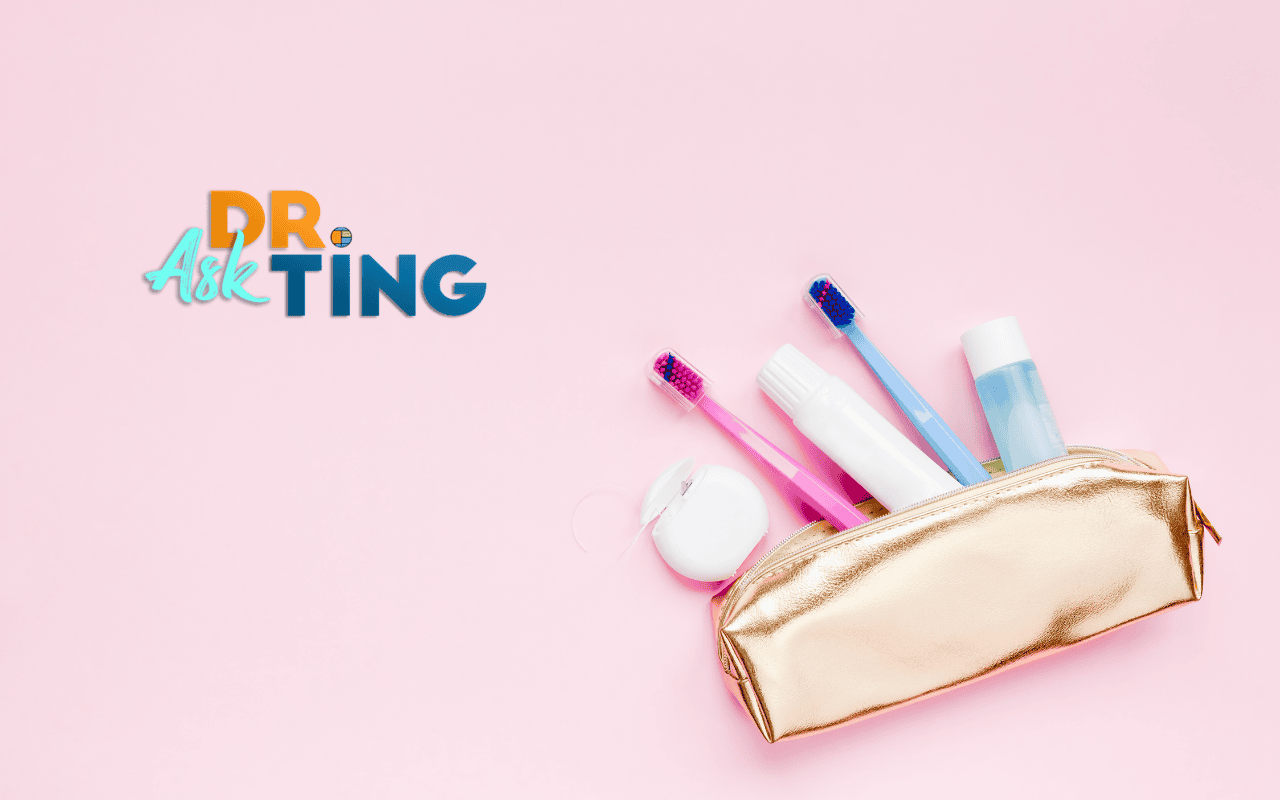

Post-operative care instructions after a Connective Tissue Graft procedure by Dr. Miriam Ting.

After leaving our dental office today, we suggest you consider relaxing or at least limiting your activity as much as possible for the remainder of the day. Avoid strenuous activity and all aerobic exercise for the next 3 days as this might cause the graft to separate from the underlying tissue due to an elevation in your blood pressure.

Some discomfort may be present when the anesthesia wears off. You have been given a prescription for an anti-inflammatory (NSAID) analgesic. Please take one tab every 6 hours for the first 2-3 days. This drug will greatly decrease the possibility of post-surgical swelling and pain and has been shown to accelerate healing. After the first 3 days, 1-2 Tylenol, or 1-2 Advil taken every 4-6 hours as needed, should keep you comfortable. Should intense discomfort occur at any time after the surgery, please telephone Dr. Miriam Ting and she will phone in a prescription for you.
It is normal for some swelling to occur after surgery, particularly in the lower jaw. To minimize swelling after surgery, apply an ice bag wrapped in a light tea towel or handkerchief to the outside of your face over the operated area. This should be left on your face for about 20 minutes, then removed for 20 minutes, or alternated from side-toside, between operated areas, for the first 24 hours after surgery. The use of both ice and the NSAID analgesic as described above will reduce the amount and duration of facial swelling.
After the first 24 hours you can begin to apply a warm, moist compress to the operated area. This should be left on your face for about 20 minutes, then removed or alternated from side-to-side between operated areas as needed.


It is common to have slight bleeding for a few hours following soft tissue graft surgery. Try to avoid repeatedly spitting or rinsing your mouth during the first 3-4 hours after surgery as this will encourage bleeding. If bleeding persists, rinse your mouth or remove blood by wiping with a Kleenex tissue to identify the location of the bleeding site and then apply a moistened gauze or tea bag to the area with firm but gentle pressure for 15-20 minutes.
Let yourself rest for 15 minutes then repeat the application of the gauze or tea bag for a second time if you still have slight bleeding. If excessive bleeding continues, please call us. Remember, most of the blood you may see in your mouth is actually a little bit of blood mixed with a lot of saliva. Blood is a very strong “dye” and a little bit of blood will color your saliva dramatically.
Brushing and oral hygiene procedures should be done as usual in all untreated areas starting the night of surgery. In exposed, operated areas limit your oral hygiene to gentle brushing using a soft bristled toothbrush on the chewing surfaces of teeth. Avoid dental flossing in operated areas during the three weeks following surgery. NO SWISHING with undiluted mouthwash, salt water or peroxide rinses should be used during the first week following surgery. Also avoid the use of water irrigation devices such as Waterpiks or electric toothbrushes in the operated areas for 2-3 weeks following surgery.

The exposed operated areas should be gently swabbed with a Q-tip (cotton tipped applicator) saturated with Peridex (Chlorhexidine) as a last oral hygiene procedure at bedtime and again in the morning, after eating and drinking. Do not pull lip up and view graft site. Leave graft site alone until given verbal permission. Please remember this is a very delicate procedure.

Do not try to eat until all the anesthesia (numbness) has worn off. High protein foods and liquids are desirable for 3-5 days following surgery. Semisolid foods may be eaten as long as this may be done comfortably. Eggs, custard, yogurt, pasta, steamed vegetables, casseroles, cooked cereals are some things that you might consider eating during the first few days following your surgery. Avoid spicy, salty, acidic, very hot or very cold foods or liquids. Also, avoid hard foods: toast crust, nuts, chips or crunchy or fibrous foods such as raw carrots that may become caught between your teeth or traumatize exposed operated tissues.
No smoking or drinking through a straw and no carbonated or alcoholic beverages for 48 hours following surgery. The following nutritional supplements have been found to aid in surgical healing. Taking the following dosages for at least 4-6 weeks following your surgery can enhance healing:
• Multi-vitamin with minerals: Take once a day. Calcium: Take 500mg twice daily.
• Vitamin E: Take 400mg.
• Vitamin C: Take 1000mg once daily.
• These nutritional supplements are all over the counter (OTC) items and may be purchased at a drug store,
health food store or the health food section of many grocery stores.
We want your treatment to provide as positive a healing experience as possible. If you are having any problems or have any questions, not covered in these guidelines, please free to call the office (610)550-3333 at any time.